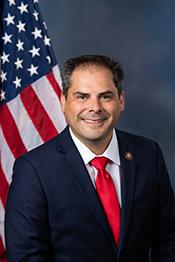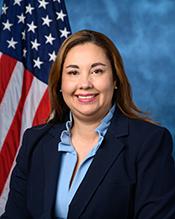0
Fire Weather Development Act of 2023
5/24/2024, 1:37 PM
Summary of Bill HR 4866
Specifically, the bill calls for the development of new technologies and tools to better predict and track fire weather patterns, such as extreme heat, low humidity, and high winds, which can contribute to the spread of wildfires. It also seeks to improve communication and coordination between federal, state, and local agencies in responding to wildfires, with the goal of reducing the impact of these disasters on communities and the environment.
Additionally, the Fire Weather Development Act of 2023 includes provisions for increased funding for research and development in the field of fire weather science, as well as training and education programs for firefighters and other emergency responders. The bill emphasizes the importance of proactive measures to prevent wildfires and mitigate their effects, rather than solely relying on reactive firefighting efforts. Overall, the Fire Weather Development Act of 2023 represents a bipartisan effort to address the growing threat of wildfires in the United States through improved forecasting, monitoring, and response strategies. By investing in new technologies and enhancing collaboration between agencies, the bill aims to better protect communities and natural resources from the devastating impacts of wildfires.
Congressional Summary of HR 4866
Fire Weather Development Act of 2024
This bill establishes several programs and requirements to address wildfire forecasting, detection, and management, particularly with respect to interagency collaboration.
For example, the National Oceanic and Atmospheric Administration (NOAA) must establish a program to improve collaboration between federal, state, and local entities with respect to wildfire management. Program goals include improving communication about wildfire spread, earlier detection of wildfires, and better understanding of the impact of climate change on fire weather environments. Authorized activities include research and development of communication tools, modeling systems, and other relevant technology to help with wildfire management, as well as education and training for researchers and enhancing data sharing capabilities between agencies.
NOAA may also (1) contract with private sector entities to obtain additional airborne and space-based data to support wildfire prediction and monitoring, and (2) conduct pilot programs to test the use of unmanned aircraft systems for fire weather observations.
The bill also establishes the Interagency Coordinating Committee on Wildfires (to assist state and local agencies with wildfire management while avoiding duplication of activities) and the National Advisory Committee on Wildfires (to advise the coordinating committee and other relevant entities on wildfire management).
Finally, the bill exempts incident meteorologists of the National Weather Service from premium pay limitations when responding to emergency wildfires. It also requires the National Institute of Standards and Technology to recommend ways to improve the standards of communication between wildfire first responders and fire management response officials.


